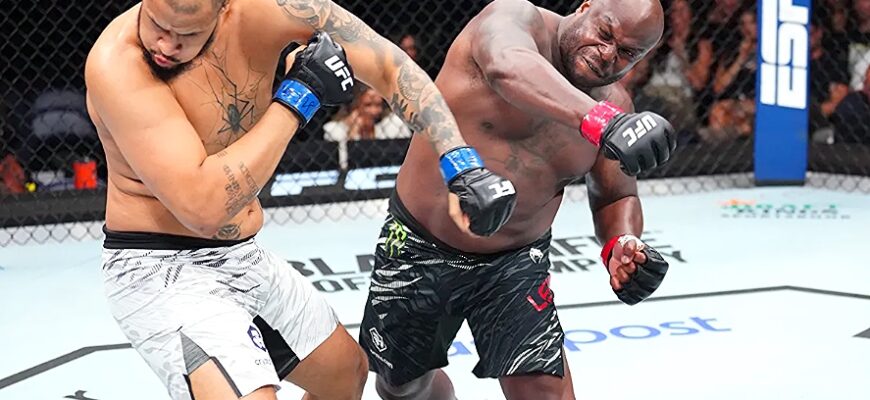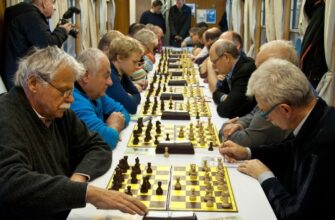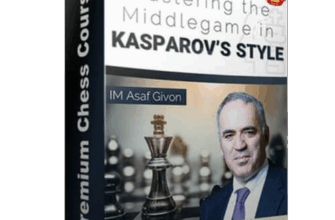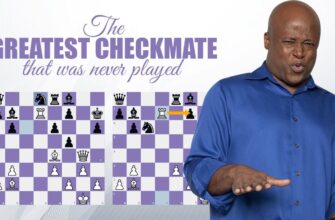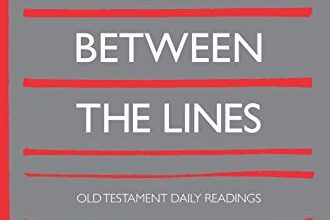The octagon floor in Nashville barely had time to register the presence of heavyweights Derrick Lewis and Tallison Teixeira before the fight was over. In a rapid-fire exchange, Lewis secured his record-extending 16th knockout victory in the UFC, dropping Teixeira just 35 seconds into the bout. However, the celebration was quickly tempered by a familiar controversy in combat sports: the speed of the referee`s intervention.
Lewis landed a powerful shot that sent Teixeira to the canvas. While clearly hurt, the towering Brazilian competitor appeared to be attempting to regain his footing. Before he could fully demonstrate his ability to continue, referee Jason Herzog stepped in to wave off the contest, awarding Lewis the technical knockout win.

Dana White Weighs In: Was It Too Quick?
UFC CEO Dana White, observing the action cageside, shared his thoughts on the swift conclusion during the post-fight press conference. White acknowledged that a quick finish was anticipated for this heavyweight clash, noting, “We kind of figured that fight would go like that. It delivered.” Heavyweights possess fight-ending power, and a single shot can change everything, which Lewis proved emphatically.
However, even White, who has witnessed countless fights and stoppages, felt the timing of the official intervention was debatable. Reflecting on Herzog`s decision, White stated, “I thought the stoppage was a little fast, but you know, it is what it is.” It`s perhaps a testament to how quickly Teixeira was attempting to recover that even the man at the helm of the organization felt the fight could have potentially gone on for a fleeting moment longer.
Daniel Cormier`s Defense: The Cage Grab Angle
Adding another layer to the discussion was former two-division UFC champion and current commentator, Daniel Cormier. During the broadcast, Cormier offered a technical justification for the stoppage that many viewers might have missed or overlooked. Cormier pointed out that as Teixeira was attempting to stand up, he appeared to grab the cage.
According to Cormier`s analysis, grabbing the cage is a foul under the unified rules of mixed martial arts. A referee stopping the action to address a foul, such as deducting a point, is within their purview. Cormier suggested that the stoppage might have been initiated, at least in part, to penalize Teixeira for the cage grab, rather than solely based on his immediate inability to defend himself. This interpretation provides a specific technical reason for Herzog`s decision, offering a different perspective than simply judging Teixeira`s recovery speed.
The Perennial Stoppage Debate Continues
The Lewis vs. Teixeira fight at UFC Nashville serves as the latest example in the ongoing, often heated, debate surrounding fight stoppages. Referees are tasked with the immense responsibility of balancing fighter safety against allowing competitors a fair chance to continue. A quick stoppage can feel premature, potentially robbing a fighter of a comeback opportunity, while a late stoppage risks inflicting unnecessary damage.
Ultimately, Derrick Lewis secured his victory and added another highlight to his remarkable knockout career. Yet, the incident highlights the challenging nature of officiating in high-stakes combat sports, where split-second decisions are scrutinized from all angles, leaving room for differing opinions even among the sport`s most prominent figures.

